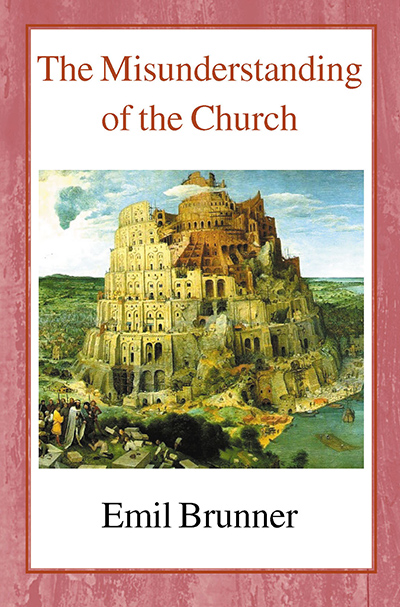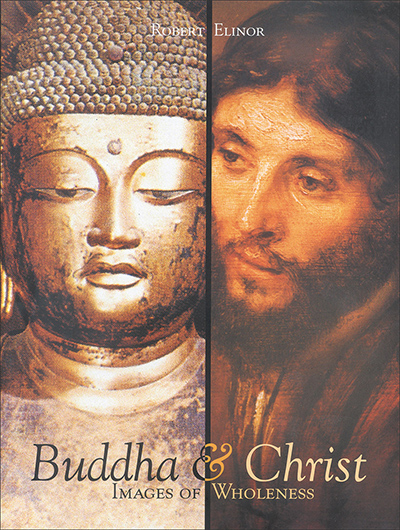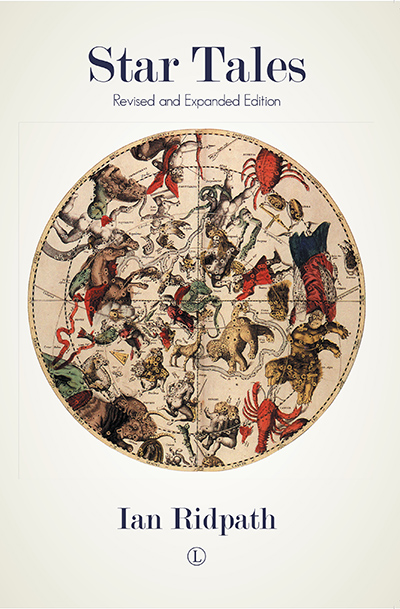Description
Brunner sees St Paul’s Epistle to the Romans as ‘the chapter of destiny of the Christian Church’. Here, in Luther’s words, is the ‘purest gospel’ upon which the very existence of the Christian faith depends and from which it draws its life.
Concentrated, decisive and instructive, nothing within the New Testament is more closely argued both theological and personal. Out of his years of scholarly wisdom Brunner meditates on the great Question: What is wrong with the Churches? Brunner finds an answer in the contrast between the virile Spirit-filled fellowship of the New Testament and the institutions which are now called ‘churches’. He writes in his preface: “The title of the book, The Misunderstanding of the Church, is equivocal. Is it a question of a misunderstanding of which the Church is guilty, or of a misunderstanding of which it is the victim? Or is it that the Church itself, as such, is perhaps the product of a misunderstanding? The author is not responsible for this ambiguity; it is intrinsic in the theme itself.”






